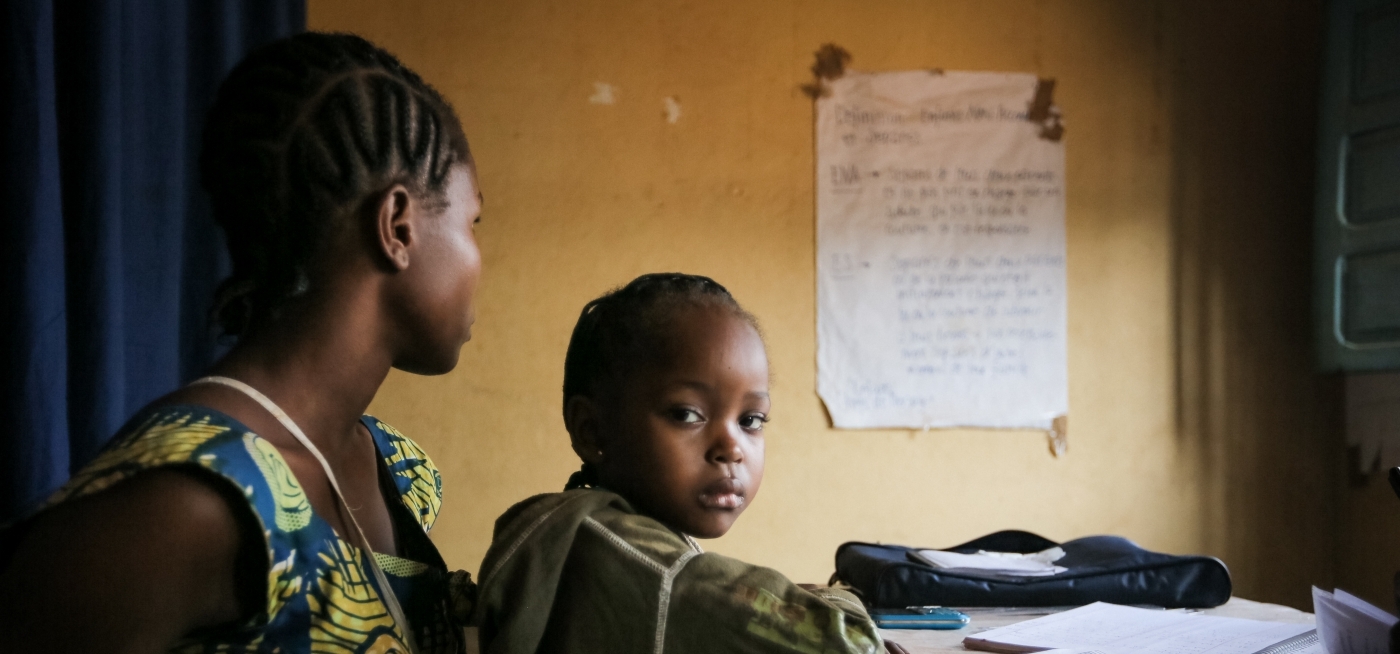Doctors of the World present a Manifesto to fight gender-based violence
Published 11th October 2019
Gender-based violence, particularly violence against women and girls, is one of the most widespread human rights violations in the world, with serious impacts on the health, development, and identity of the individual. In a manifesto presented this afternoon, Doctors of the World warns about this problem and puts forward a set of solutions to fight it.
Portugal, 10 October 2019. Doctors of the World presented this afternoon the manifesto “Gender-based violence, particularly violence against women” addressing the persistence of this type of violence throughout the world, which is a violation of human rights and a huge obstacle to gender equality, and suggests solutions based on preventing and responding to it. The presentation was attended by 16 presidents and executive-directors from the delegations that form the Médecins du Monde Network.
Violence, particularly against women and girls, is one of the most widespread and systematic human rights violations. Around the world, 35% of women have suffered physical and/or sexual violence in 2017, as reported by the World Health Organization.
According to Doctors of the World, this violence can be based on gender inequalities, discrimination, poverty, deprivation of basic resources, wars and conflicts. It “has a serious negative impact on the individual’s physical, sexual and psychological health, development and/or identity”, the manifesto highlights.
It is therefore imperative to fight this problem in order to realise the right to health, protect and develop sexual and reproductive health and associated rights, as well as to ensure peace and promote sustainable development.
In order to prevent and respond to gender violence, Doctors of the World puts forth a set of solutions. Regarding prevention, we emphasises the need to “promote positive changes at the normative and behavioural level”. This involves transforming gender relations and identity by promoting the deconstruction of gender stereotypes to young people from an early age.
On the other hand, it is also essential to bring about “a change in perception in the groups exposed to gender violence”, through communications that protect the survivors’ dignity and highlight their ability to act.
Prevention must also include “legal frameworks and policies directly and indirectly associated with gender-based violence”. This includes reinforcing health standards following a multi-sectoral approach. In this way, the recurrence of violence can be prevented through the early identification of survivors and their referral to other fundamental services.
In terms of response to gender-based violence, Doctors of the World indicates that it is imperative to safeguard “survivors’ rights to protection and access to support services”, through a health sector that provides essential, free and flexible interventions, including reproductive health, physical and psychosocial health. The health service, moreover, should be interconnected with shelters, counselling centres, law enforcement, and legal assistance.
We must also “involve men and boys”, who can be perpetrators, victims, witnesses, and agents of change, enabling them to recognise their vulnerabilities and specific needs in relation to gender-based violence, “strengthening the bond between prevention and reaction”.
Throughout this manifesto, we reaffirm our support to international commitments already established in this area and call for increased efforts for their implementation. Finally, we are committed to fighting any type of gender-based violence within the organisation and among its partners, through a zero tolerance policy of these situations and through the promotion of gender equality.
